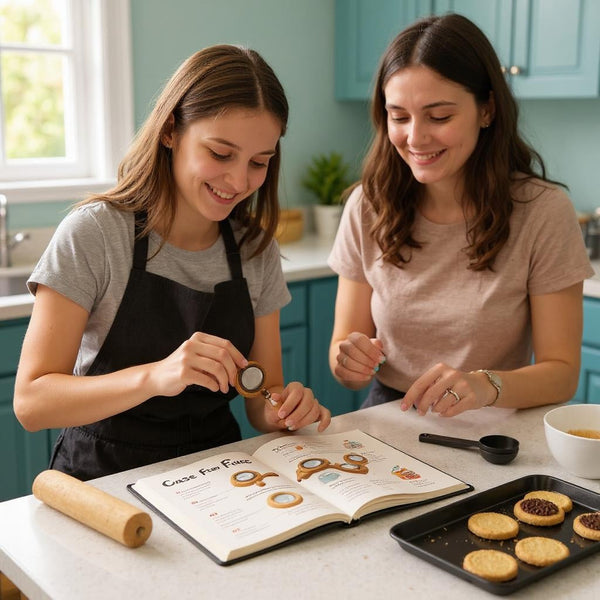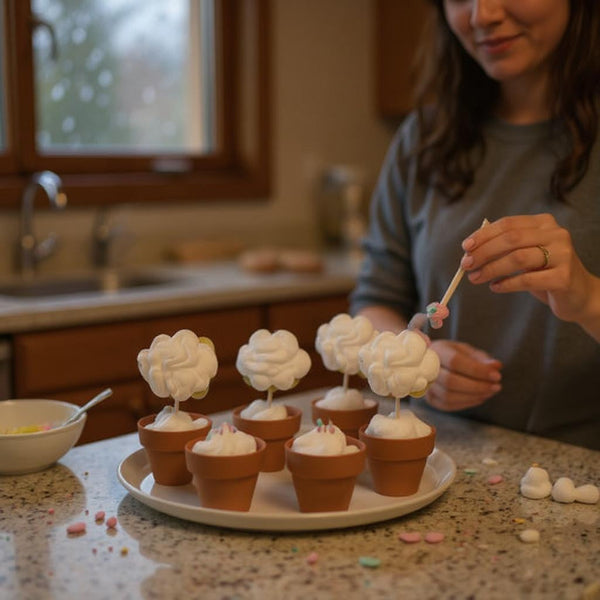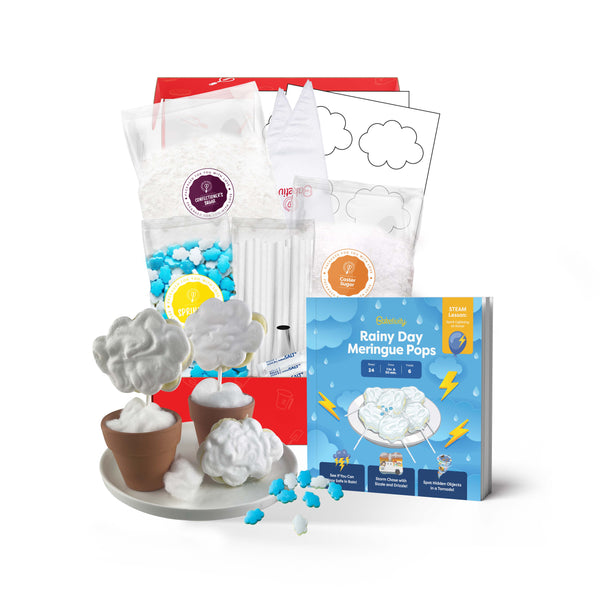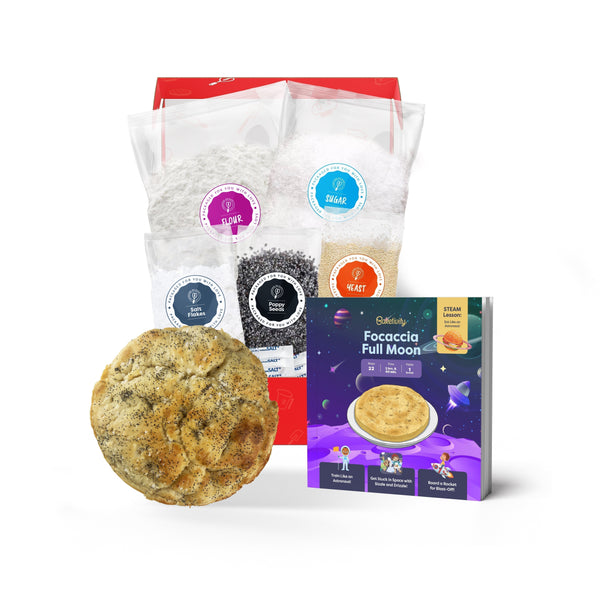Understanding Florida's Homeschooling Laws
Before embarking on your homeschooling journey, it's crucial to familiarize yourself with Florida's homeschooling laws. These laws provide the framework for homeschooling and ensure that your child receives an education that meets state standards. Florida's homeschooling laws not only outline the educational requirements but also emphasize the importance of parental responsibility in providing a well-rounded education for their children. Parents are encouraged to create a learning environment that fosters critical thinking, creativity, and a love for learning.Legal Requirements for Homeschooling
In Florida, homeschooling is considered a form of private education. As such, you are required to provide an "equivalent education" to what your child would receive in public school. This means that you must provide instruction in the core subjects of language arts, mathematics, social studies, science, and reading. Moreover, Florida's homeschooling laws require parents to keep a portfolio of their child's work to demonstrate educational progress. This portfolio may include samples of your child's work, progress reports, and standardized test results. By maintaining a comprehensive portfolio, parents can showcase their child's academic achievements and growth over the homeschooling year. In addition to these core subjects, you have the freedom to tailor your child's education to their unique interests and needs. This flexibility is one of the many advantages of homeschooling in Florida.Notifying the School District
In Florida, you are required to notify your local school district of your intent to homeschool your child. This notification is typically done by submitting a letter of intent, which includes your child's name, birth date, and grade level of the homeschool program. Furthermore, Florida's homeschooling laws allow parents to choose from various educational approaches, including traditional curriculum, online learning programs, or even unschooling. This diversity in educational options empowers parents to select the best teaching methods that align with their child's learning style and preferences. By submitting this letter of intent, you fulfill your legal obligation to notify the school district of your intent to homeschool. Once you have submitted the letter, you can commence your homeschooling journey without any further obstacles.Choosing the Right Homeschooling Curriculum
Now that you've navigated Florida's homeschooling laws, it's time to dive into the exciting realm of curriculum selection. Choosing the right curriculum is vital to providing a well-rounded education for your child. Here are some essential considerations:Understanding Your Child's Learning Style
Every child learns differently. Some thrive with hands-on activities, while others excel in a more structured environment. Understanding your child's learning style will help you choose a curriculum that aligns with their strengths and preferences. Consider whether your child is a visual learner, an auditory learner, or a kinesthetic learner. This knowledge will guide you in selecting materials and resources that cater to their distinctive learning style. Visual learners may benefit from colorful charts, diagrams, and videos to enhance their understanding of concepts. Auditory learners, on the other hand, may prefer listening to lectures, audiobooks, or engaging in discussions to grasp information effectively. Kinesthetic learners thrive through hands-on activities, experiments, and real-life experiences that allow them to physically engage with the material.Evaluating Different Curriculum Options
With a vast array of homeschooling curriculum options available, it can be overwhelming to choose the right one. Take the time to evaluate different curricula based on factors such as educational philosophy, teaching methods, and reviews from other homeschooling families. Consider whether you prefer a traditional textbook-based approach, an online curriculum, or a hands-on learning program. Each option has its own advantages, so choose the one that resonates with you and your child. Traditional textbook-based curricula provide a structured format with clear lesson plans and assessments, making it easier to track progress and ensure coverage of essential topics. Online curricula offer interactive multimedia resources, self-paced learning, and immediate feedback, catering to tech-savvy students who thrive in a digital environment. Hands-on learning programs, such as project-based curricula or nature-based learning, foster creativity, critical thinking, and practical skills through experiential activities.Creating a Productive Learning Environment at Home
Now that you have chosen the perfect curriculum for your child, it's time to create a productive learning environment at home. A dedicated space and a consistent routine are key to homeschooling success.Setting Up Your Homeschooling Space
Designate a specific area in your home for homeschooling. This space should be free from distractions and have all the necessary materials within reach. Consider organizing your materials on shelves or in bins for easy access and neatness. Personalize the learning space with inspiring posters, artwork, or a cozy reading corner. Creating a visually appealing environment will stimulate your child's desire to learn.Establishing a Daily Routine
Homeschooling requires structure, so establishing a daily routine is essential. Set specific times for different subjects and activities, allowing for breaks and flexibility as needed. Consistency and routine will help your child develop good study habits and create a sense of stability. Remember to include time for physical activity, creative outlets, and outdoor exploration. Homeschooling allows for a more holistic approach to education, so take advantage of the flexibility to provide a well-rounded experience for your child.Balancing Homeschooling with Work and Other Responsibilities
As a homeschooling parent, finding a balance between educating your child and fulfilling other responsibilities can be a challenge. However, with effective time management strategies and thoughtful planning, you can achieve harmony.Time Management Strategies for Homeschooling Parents
One of the keys to successful homeschooling is effective time management. Prioritize your tasks and set realistic goals for each day. Create a schedule that allows you to dedicate focused time to homeschooling while still attending to other commitments. Consider involving your child in household chores or age-appropriate tasks. This not only helps them develop life skills but also teaches them responsibility and time management.Incorporating Extracurricular Activities
While academics are important, don't forget the value of extracurricular activities. Homeschooling provides the flexibility to engage in a wide range of activities beyond the traditional classroom setting. Explore local sports teams, art classes, community programs, and homeschooling co-ops. These opportunities not only enhance your child's socialization but also provide valuable learning experiences outside the home.Assessing Your Child's Progress
Regularly assessing your child's progress is crucial to ensure they are meeting their educational goals and making academic strides. Florida provides several avenues for homeschooling parents to gauge their child's achievements.Standardized Testing for Homeschooled Students in Florida
Florida requires homeschooled students to participate in standardized testing annually starting from third grade through tenth grade. These tests, such as the Florida Standards Assessments (FSA), evaluate your child's performance in key subject areas. Prepare your child for testing by incorporating test-taking strategies and practice tests into your homeschool routine. Use the results as a guide to tailor your curriculum and address any areas that may need improvement.Keeping Records and Portfolios
As a homeschooling parent, you are responsible for maintaining records of your child's educational progress. Keep a record of subjects taught, textbooks used, samples of their work, and any certificates or awards received. Creating a portfolio showcases your child's growth and achievements and provides a comprehensive overview of their education. These records may be required by colleges, universities, or future employers as evidence of your child's academic background. Starting homeschooling in Florida can be an enriching and rewarding experience for both you and your child. Understanding the legal requirements, choosing the right curriculum, creating a productive learning environment, and balancing homeschooling with work and other responsibilities are key factors in ensuring a successful homeschooling journey. Remember, homeschooling allows for flexibility and personalization, so embrace the opportunity to tailor your child's education to their unique interests and needs. Happy homeschooling!Enhance Your Homeschooling Experience with Baketivity
As you embark on your homeschooling journey in Florida, consider enriching your curriculum with the joy of baking. Baketivity offers a delightful way to integrate practical skills and family bonding into your educational plan. Our baking kits provide a hands-on learning experience that combines the art of baking with STEAM education, perfect for fostering creativity and making learning deliciously fun. Embrace the opportunity to create lasting memories and join a community of enthusiastic bakers. Join the Baking Club today and bring the Baketivity experience into your homeschooling adventure.




